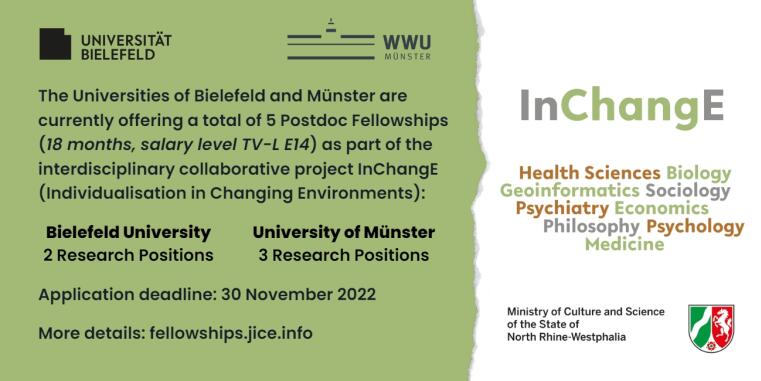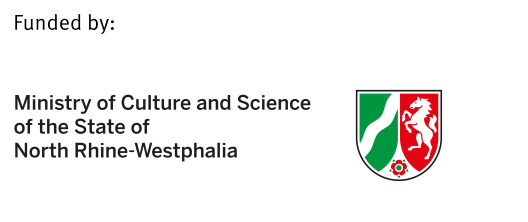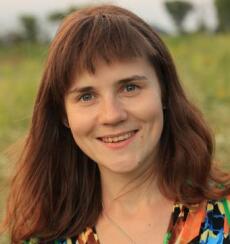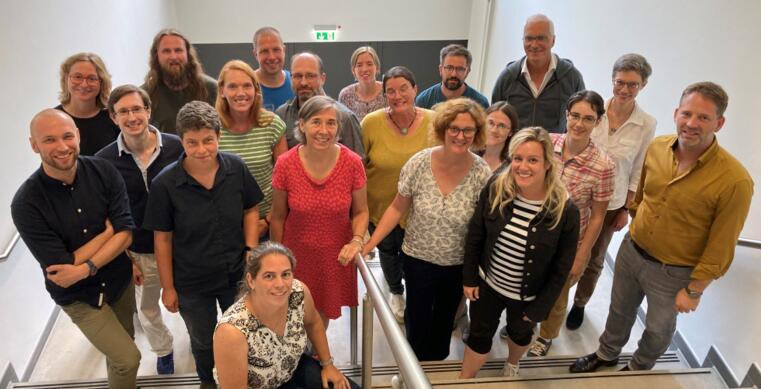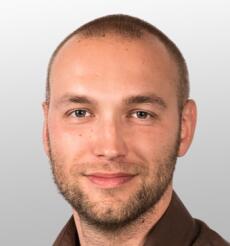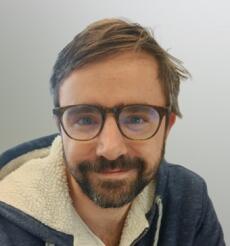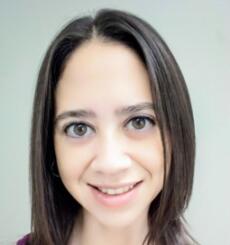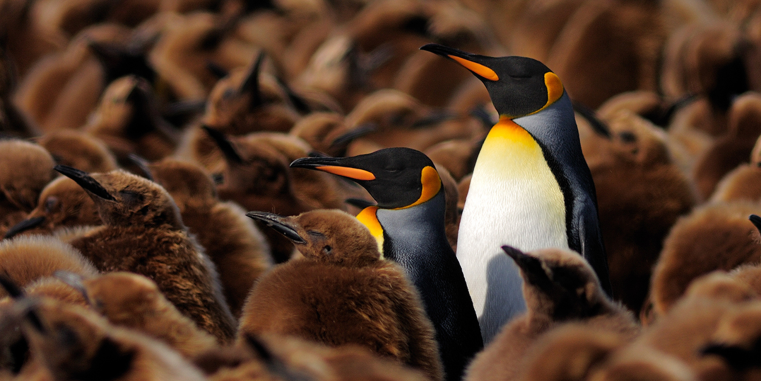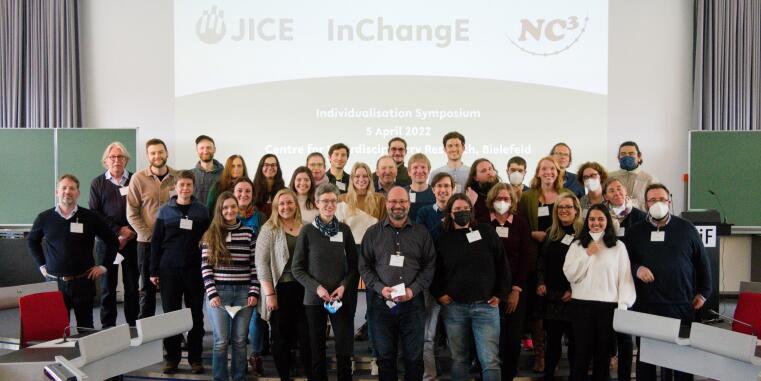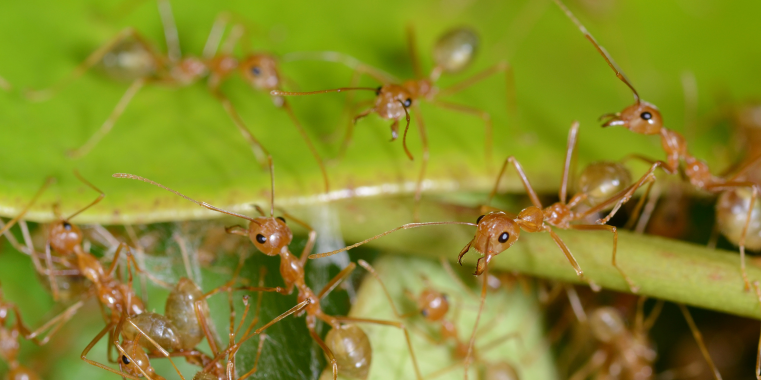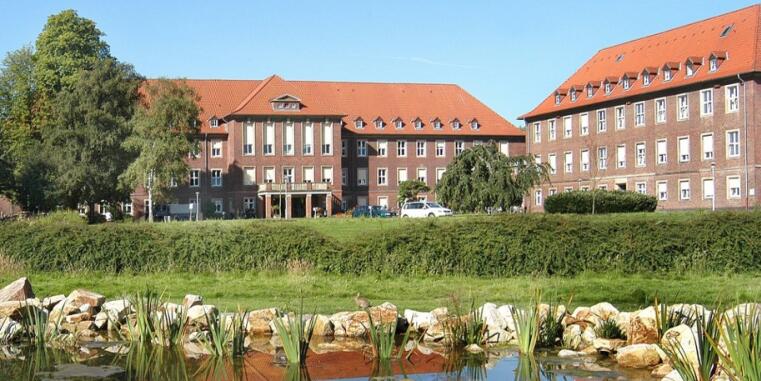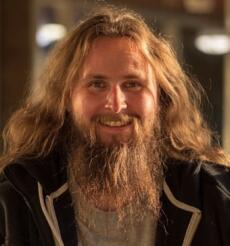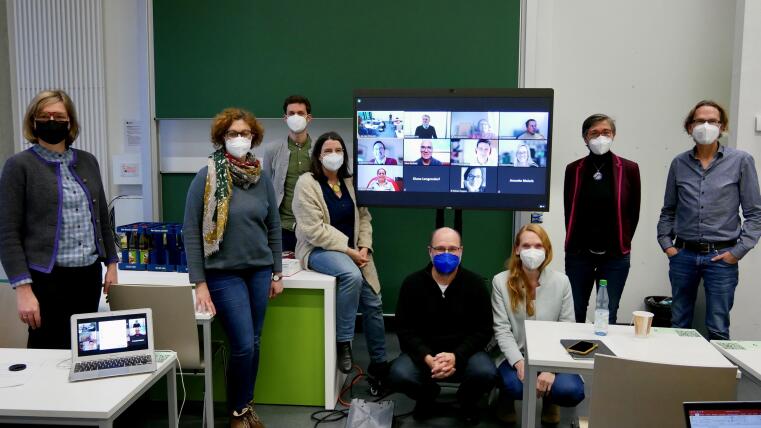How is climate change accelerating species extinction?
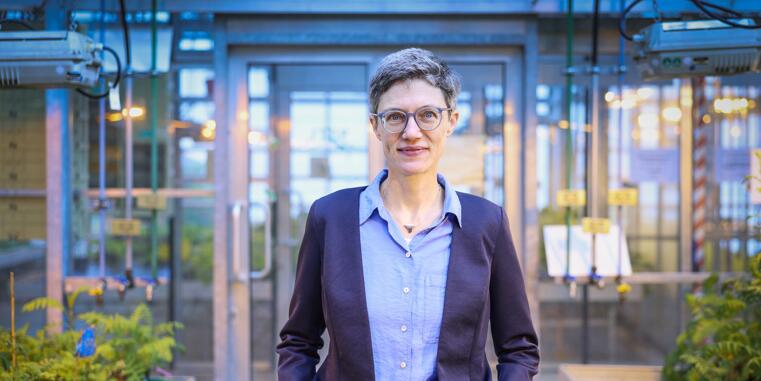
Rising temperatures and more frequent and longer periods of drought are changing the living conditions of animals and plants. Food chains are breaking down and species are becoming extinct—with consequences for the entire ecosystem. „In extreme cases, climate change is causing populations to decline and animal species to become extinct,“ says Professor Dr Caroline Müller from Bielefeld University. The academic heads the Chemical Ecology research group at the Faculty of Biology. „Studies show that with a rise in global temperatures of 1.5 degrees, the extinction risk of animals and plants increases by 4 per cent—but with a rise of 3 degrees, this risk increases to as much as 26 per cent.“


